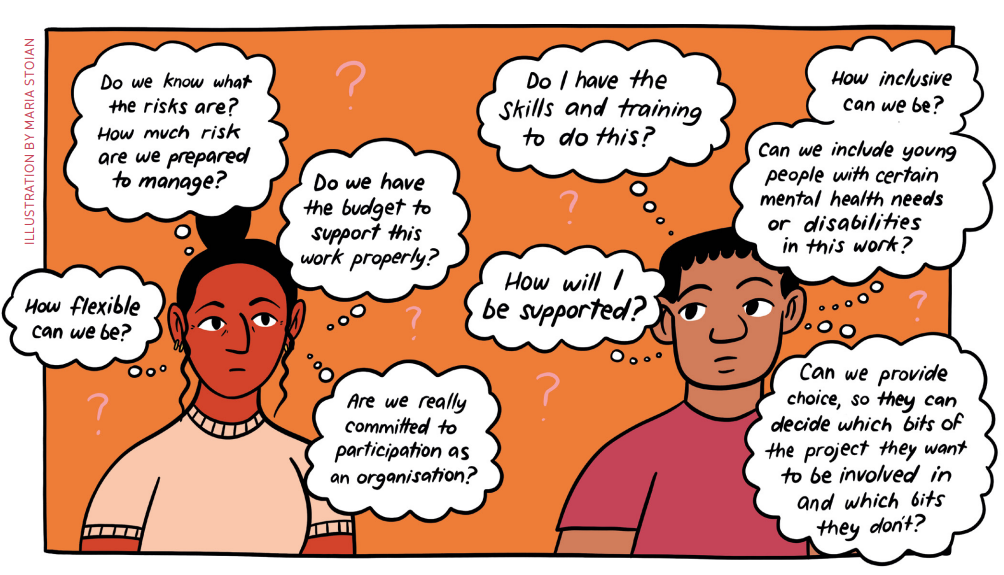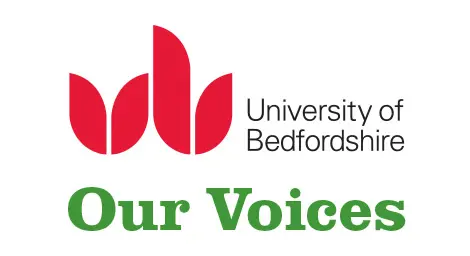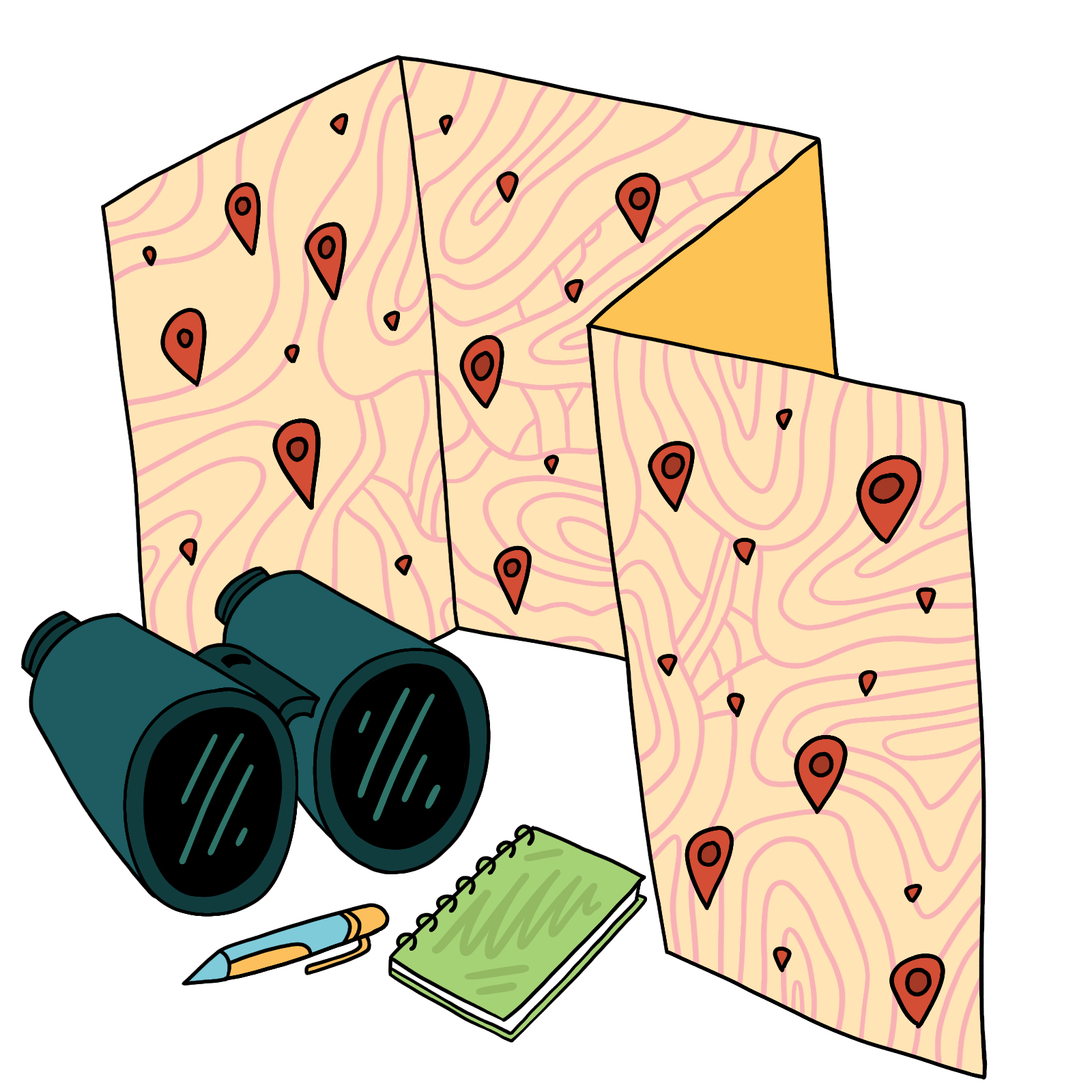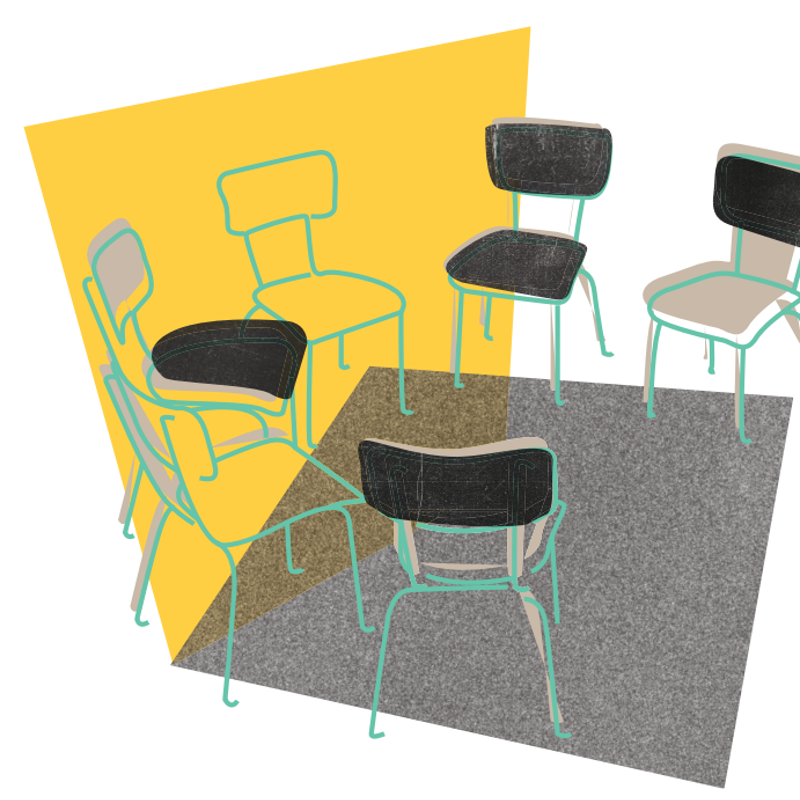It is important to spend time scoping the local context where you intend to engage young people in participatory work and/or intend it to have an impact. This is needed to understand how the historical and socio-political context and culture shapes perceptions and approaches to both child and youth participation and the topic of sexual violence.
It can also be helpful to ascertain what has been done around these issues to date, the gaps, local priorities, opportunities and potential partners and collaborators.
If we want to create better experiences for the children and young people, partners and communities involved - and contribute to impactful and sustainable work - then there is a need for wider consultation and conversation before projects are conceptualised and grant applications submitted. It is ncessary to discuss opportunities with local organisations first to explore ideas and understand what might work best.
Collaborating with practitioners working on the ground, and also young survivors with lived experience, can be helpful in designing activities and actions that aim to address childhood sexual violence.
Before planning the specificities of a project, it may be useful to explore some key questions:
- What has been done before on this broad topic?
- Who is working on the issue of childhood sexual violence?
- Who locally has experience of facilitating participatory work with children and youth on sexual violence or related issues?
- How is child and youth participation perceived by the local society?
- What is the local and national political and social contexts with regards to childhood sexual violence?
- What language/ terms are used to discuss the issue?
- What are the gaps in local knowledge and research?
- What knowledge would support better responses for children and young people?
- Are there upcoming opportunities that the project idea could add value to? (e.g. a national event or upcoming policy consultation?)
- Does the national legislation impact on the project or young people in any way? (e.g. legislation around sexual consent, same-sex relations or dominant views on gender identity and expression may pose a risk to some young people if they identify as survivors within a project).
|
Practice example: Local scoping
As part of the Our Voices Too project, we undertook a scoping exercise before starting work on a young people-led advocacy project addressing sexual violence in Albania, Moldova and Serbia.
We initially undertook desk-based scoping to identify organisations in Eastern Europe engaging in this work. The desk-based activities had many limitations due to the lack of publicly available information. We were able to gather more information during informal phone interviews with experts in the region. Based on these activities we selected three European countries to further explore.
The decision to focus on these countries (Albania, Moldova and Serbia) was based on a number of factors including: the identification of strong, active, enthusiastic partners working on childhood sexual violence; the identification of Universities with an interest in ethical child protection and participation; the presence of (or interest in) participatory practice in organisations based there; the national context; and our existing connections with other key organisations who had a presence and networks in those countries.
Through conducting further interviews online in these three countries, we gained a better understanding of the current status of child participation and the levels and types of support being offered to children and young people who had experienced sexual violence. We were also able to develop a short-list of potential partners we could approach to work with us on the project.
In addition to the interviews, we visited each country and held a series of focus group discussions (involving 33 professionals and 6 young people across the three countries) to further explore:
- the status of children and young people’s participation and advocacy in each country
- how children and young people affected by sexual violence were supported and perceived and;
- the potential opportunities and challenges for working on a youth advocacy project that addresses childhood sexual violence in the country.
This helped us to develop a better understanding of each country and take a more contextual approach to planning.
For more reflections on what value these scoping visits added, read these reflective blogs:
|






